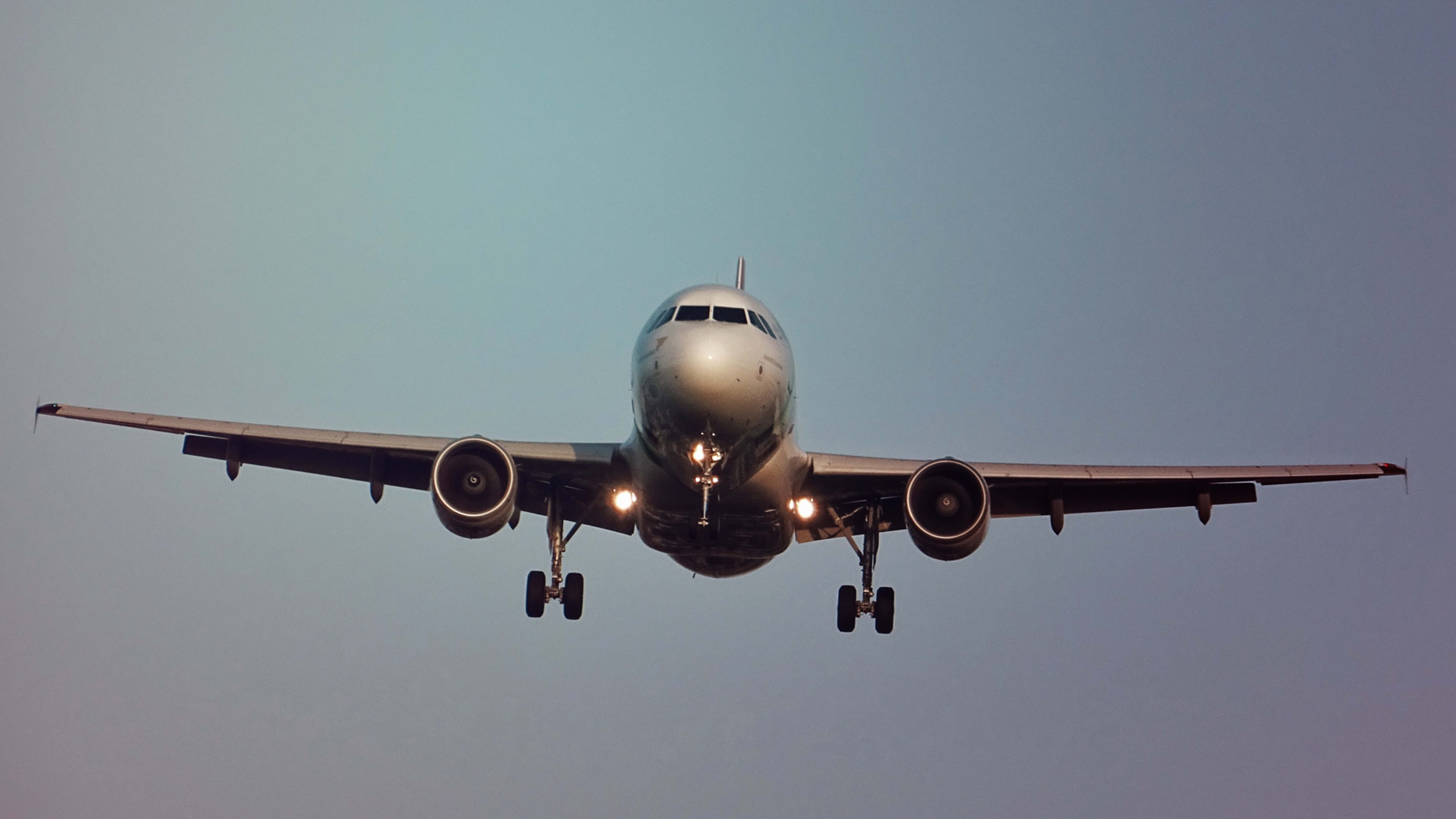Matthew Brennan, an expert on Chinese technology, recently posted a short video clip of the new facial recognition kiosks airlines have installed in some airports in China. As you can see from the clip below, Brennan simply needed to walk near the kiosk for it to scan his face and have it accurately identify him and his flight plans, complete with giving him a map and directions to his gate.
Wow! China Airport face recognition systems to help you check your flight status and find the way to your gate. Note I did not input anything, it accurately identified my full flight information from my face! pic.twitter.com/5ASdrwA7wj
— Matthew Brennan (@mbrennanchina) March 24, 2019
From first glance, the kiosk does seem really cool—it’s basically Face ID on steroids. But it should also serve as a warning as to what governments and companies can do with our data if left unchecked. After all, if an airport kiosk can identify Brennan in seconds and show him his travel plans, the Chinese government can clearly use facial recognition tech to identify citizens wherever they go. Matter of fact, they are already doing this via their social credit system.
The question is, as many commenters pointed out after Brennan’s tweet, do we want this kind of technology available in Western democracies? If so, how could it be kept in check and not abused by governments and other institutions? That’s something we don’t have an answer for yet–an answer we desperately need.
We have to fight for a data democracy in order not to end there. Pretty depressing that the Chinese do not revolt. But as I write here: The surveillance in China is may be now more transparent that earlier https://t.co/8YkFFIOmc6
— Pernille Tranberg (@PernilleT) March 25, 2019
Watched a video last week with a group of expats in china
One was saying he jaywalked and got the notification about the fine 15 minutes later on his phone. The government records everyone's face and will automatically fine someone if they do something wrong.— Andy Farnham (@AndyFarnham) March 25, 2019
Recognize your brand’s excellence by applying to this year’s Brands That Matter Awards before the early-rate deadline, May 3.
